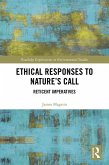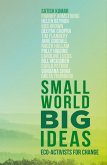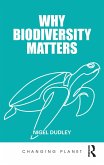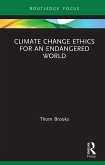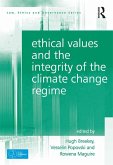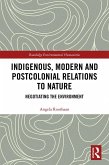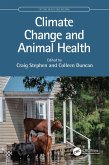Predictions about global climate change have produced both stark scenarios of environmental catastrophe and purportedly pragmatic ideas about adaptation. This book takes a different perspective, exploring the idea that the challenge of adapting to global climate change is fundamentally an ethical one, that it is not simply a matter of adapting our infrastructures and economies to mitigate damage but rather of adapting ourselves to realities of a new global climate. The challenge is to restore our conception of humanity—to understand human flourishing in new ways—in an age in which humanity shapes the basic conditions of the global environment. In the face of what we have unintentionally done to Earth's ecology, who shall we become?
The contributors examine ways that new realities will require us to revisit and adjust the practice of ecological restoration; the place of ecology in our conception of justice; the form and substance of traditional virtues and vices; and the organizations, scale, and underlying metaphors of important institutions. Topics discussed include historical fidelity in ecological restoration; the application of capability theory to ecology; the questionable ethics of geoengineering; and the cognitive transformation required if we are to "think like a planet.”
Dieser Download kann aus rechtlichen Gründen nur mit Rechnungsadresse in A, B, BG, CY, CZ, D, DK, EW, E, FIN, F, GR, HR, H, IRL, I, LT, L, LR, M, NL, PL, P, R, S, SLO, SK ausgeliefert werden.



